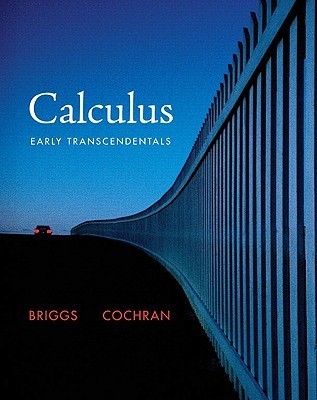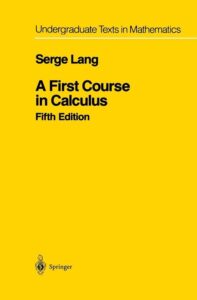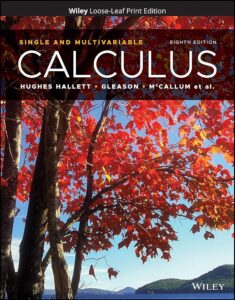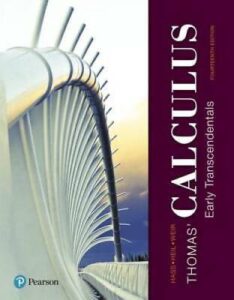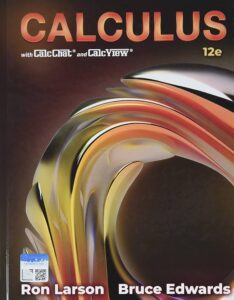“Calculus: Early Transcendentals” by William Briggs and Lyle Cochran provides a fresh and modern approach to teaching calculus, with a focus on conceptual understanding and real-world applications. First published in 2010, this textbook is relatively newer than some of the others on the market but has quickly gained popularity for its student-centered pedagogy.
Content and Structure
The book follows the early transcendentals approach, introducing functions like logarithms, exponentials, and trigonometric functions early in the course. It covers the full scope of single-variable and multivariable calculus, including limits, derivatives, integrals, infinite series, and differential equations.
Briggs and Cochran prioritize an intuitive and accessible approach to calculus, making it suitable for students from a variety of academic backgrounds. They aim to help students build an intuitive understanding of calculus by connecting abstract concepts with concrete examples.
Key Features
- Focus on Conceptual Understanding: One of the textbook’s most notable features is its emphasis on helping students understand the “why” behind calculus concepts. It encourages students to develop a deep understanding of how calculus works, rather than simply memorizing procedures.
- Applications and Modeling: The book features many real-world applications and encourages students to see calculus as a tool for solving practical problems. It includes numerous examples from physics, biology, economics, and other fields, making it relevant for a wide range of students.
- Active Learning Approach: The textbook is designed to promote active learning, with in-text questions that challenge students to think critically and reflect on the material as they progress through each chapter.
- Visual and Graphical Support: Briggs and Cochran provide extensive visual aids, including detailed graphs and diagrams, to help students visualize complex concepts. This is particularly useful for understanding topics like limits, slopes, and integrals.
- Student Resources: The textbook comes with online tools and supplemental materials, including videos and interactive problem-solving exercises, which help enhance the learning experience.
Strengths and Reviews
“Calculus: Early Transcendentals” by Briggs and Cochran has been praised for its engaging writing style and emphasis on understanding calculus at a deeper level. The clear explanations and extensive use of visual aids help students, particularly those who struggle with abstract mathematical concepts.
Considerations
While the conceptual approach is excellent for some students, others who prefer a more traditional or proof-based calculus course might find the focus on applications and intuitive understanding less satisfying. Some advanced students may find the textbook too simplified for their needs.
